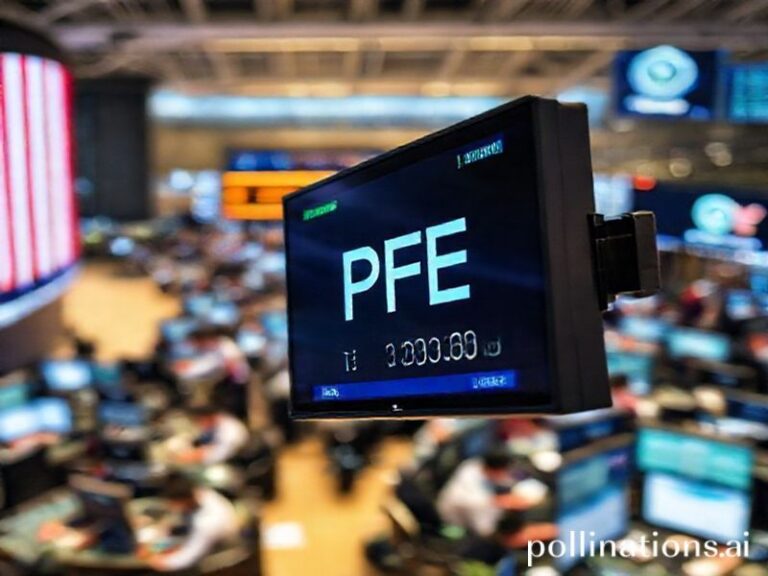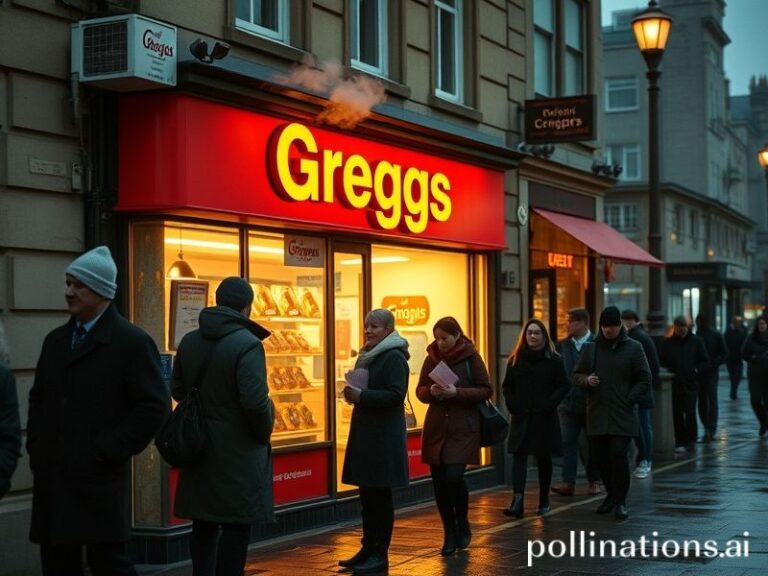West Brom vs Leicester: A Timeline of English Football’s Most Politely Catastrophic Rivalry
West Bromwich Albion versus Leicester City sounds, at first blush, like a provincial scuffle over who forgot the teabags in the Midlands staff kitchen. Yet in the grand planetary theatre—where Wall Street interns refresh score-apps between margin calls and a Singaporean banker can ruin his sleep schedule for 90 minutes of men hoofing leather—this timeline becomes a pocket-sized allegory for late-capitalist entropy. Buckle up; the kettle’s on and the whistle is nihilistic.
1904–1930s: Birth of a Rivalry in the Shadow of Empire
While Britain busied itself exporting trains, colonial guilt, and the concept of queuing, West Brom and Leicester were already kicking each other in the shins for local bragging rights. The early fixtures coincided neatly with the height of the Empire—both clubs could lose on Saturday and still feel racially superior to roughly half the globe by Monday. Convenient, that.
1954: The Mathematics of Mediocrity
Leicester’s 4–4 draw at The Hawthorns entered folklore, mostly because nobody could decide whether it was heroic or symptomatic of chronic underachievement. Globally, 1954 was the year the first nuclear submarine slipped into the ocean; meanwhile, the Midlands produced eight goals and a collective shrug. Progress is uneven, children.
1968–1969: Cups, Riots, and the First Televised Existential Crisis
West Brom beat Leicester in a League Cup tie watched by—brace yourselves—actual television viewers in Scandinavia. Somewhere in Oslo, a man eating pickled herring realised English football existed between the hooligan postcards. The Cold War had missiles; England had Bobby Hope spraying 40-yard diagonals. Which was more terrifying is still debated in certain Reykjavik pubs.
1997–1998: Promotion, Relegation, and the Asian Financial Flu
Leicester yo-yoed up; West Brom yo-yoed down. In Bangkok, traders dumped baht and, in need of emotional ballast, glommed onto Leicester’s promotion run as proof the universe possessed narrative arcs. It didn’t. The baht still collapsed, but Martin O’Neill’s spectacles offered a brief, soothing illusion of order.
2002–2011: The Decade of Mutual False Dawns
Both clubs flirted with Premier League respectability the way a Tinder date flirts with the concept of “no strings.” West Brom’s Great Escape of 2005 (survival on final day) and Leicester’s League One title of 2009 (a polite euphemism for “third division”) were broadcast to Al Jazeera viewers who couldn’t tell Wolverhampton from Wichita but recognised desperation in any language.
2014: Thai Billionaires and the Art of Buying Enlightenment
Leicester’s purchase by the duty-free-rich King Power group globalised the Foxes overnight. Suddenly Buddhist monks blessed the pitch while West Brom fans wondered if their next owner might be a consortium of bored Swiss dentists. Spoiler: it was Chinese investors who discovered, to their horror, that football clubs cannot be optimised like Shenzhen supply chains.
2016: 2–2 at the King Power—The Vardy Hangover Game
Claudio Ranieri’s eventual champions drew with West Brom in February, after which Jamie Vardy allegedly partied so hard he set off a fire alarm. From Lagos to Lima, streaming subscribers learned that English champions-elect could still be mortal, especially when exposed to late-night Jägerbombs. Civilisation teetered, then carried on—much like Vardy’s hangover.
2020–2021: Pandemic Football in Empty Stadiums
When COVID-19 turned the world into a giant Zoom call, West Brom and Leicester met behind closed doors. Analysts in New York used the match to test betting algorithms; the BBC commentator’s cough was heard in 212 territories. The 3–0 Leicester win felt simultaneously meaningless and vitally important—exactly the emotional paradox we exported globally for two solid years.
2023: Relegation for West Brom, Europe for Leicester—But Wait, FFP
West Brom slid to the Championship again, prompting a Delaware-based private-equity firm to calculate the net present value of despair. Leicester, meanwhile, qualified for Europe but were docked points for financial fair-play violations. Somewhere in Brussels, a bureaucrat smiled the thin smile of a man who’s never headed a football but has definitely audited one.
Conclusion: A Tale of Two Parishes, Billions of Voyeurs
Strip away the decades and what remains is a perfectly miniature model of human folly: ambition, collapse, rebranding, rinse, repeat. The timeline of West Brom versus Leicester City is not merely Midlands chronology; it is a Rorschach test for anyone who has ever believed that 22 millionaires chasing a sphere might offer respite from the general absurdity. It doesn’t, of course—but the global audience keeps refreshing the timeline anyway, because hope, like buffering, springs eternal.







